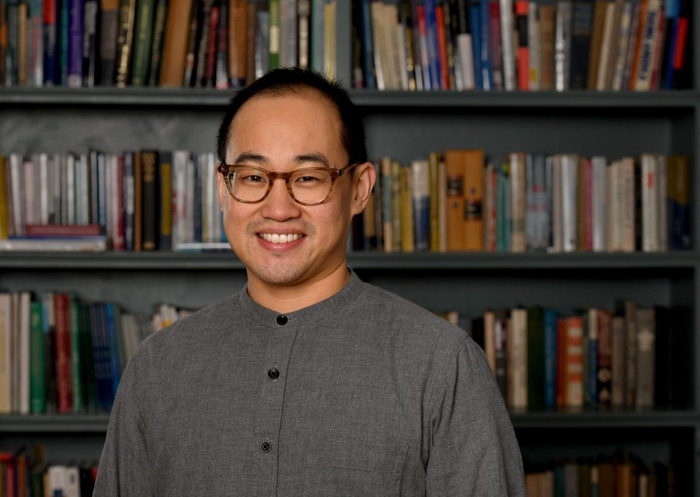Computer models are increasingly used to make decisions that affect nearly every aspect of modern life. This may include how to plan for the sustainable management of environmental resources to responding to pandemics.

Credit: Virginia Tech
Computer models are increasingly used to make decisions that affect nearly every aspect of modern life. This may include how to plan for the sustainable management of environmental resources to responding to pandemics.
And while these models are often based on scientific data and research, they also incorporate subjective values, political interests, and human bias.
With a prestigious national grant, a Virginia Tech researcher will dive into the ways that modeling processes can become more transparent while also incorporating diverse sources of information.
Theodore Lim, an assistant professor of urban affairs and planning in the School of Public and International Affairs, has received a National Science Foundation Faculty Early Career Development (CAREER) award to conduct in-depth analysis of computer modeling as a social-political process. The grant is among the foundation’s most prestigious awards for early career faculty who serve as leaders in academic research and education.
With the $500,000 award, Lim will investigate how computer models have been developed and used in the management of the Chesapeake Bay Watershed in the eastern United States and the Baltic Sea watershed in northern Europe.
By understanding how models are used for individual and organizational decisions, he will build tools to help environmental management groups anticipate how to develop future computer models.
Lim’s lab also will create tools and workshop materials for two other water resource management organizations — the California Bay Delta and the Murray-Darling Basin in Australia. These materials will allow professionals to better design governance arrangements for how decisions about computer models are made and how they are used and communicated.
“We have a responsibility to deliver some actionable insights, to make watershed management organizations more inclusive of viewpoints,” Lim said. “The ultimate goal of the research is to get a better idea of the character and nature of uncertainty caused by different actors and stakeholders, not just scientific uncertainty, but institutional uncertainty around how a model is produced.”
Also, Lim will use the award to develop teaching materials in the fields of environmental science and policy for Virginia Tech undergraduates and K-12 students.
“We observe that students understand the significance of environmental science when they can relate it to actions they can take in their daily lives,” Lim said. “Connecting undergraduates to K-12 education serves our mantra of Ut Prosim service learning, while also giving undergraduates the opportunity to step up as leaders and role models for younger students, which is amazing to observe.”
Lim has been an assistant professor at Virginia Tech since 2019. His scholarship and teaching focus on environmental planning and policy, urban and environmental analytics, and the use of data and models in environmental decision-making.
Read about his work in Roanoke to help residents survive, adapt, and thrive through high temperatures and heat waves.



